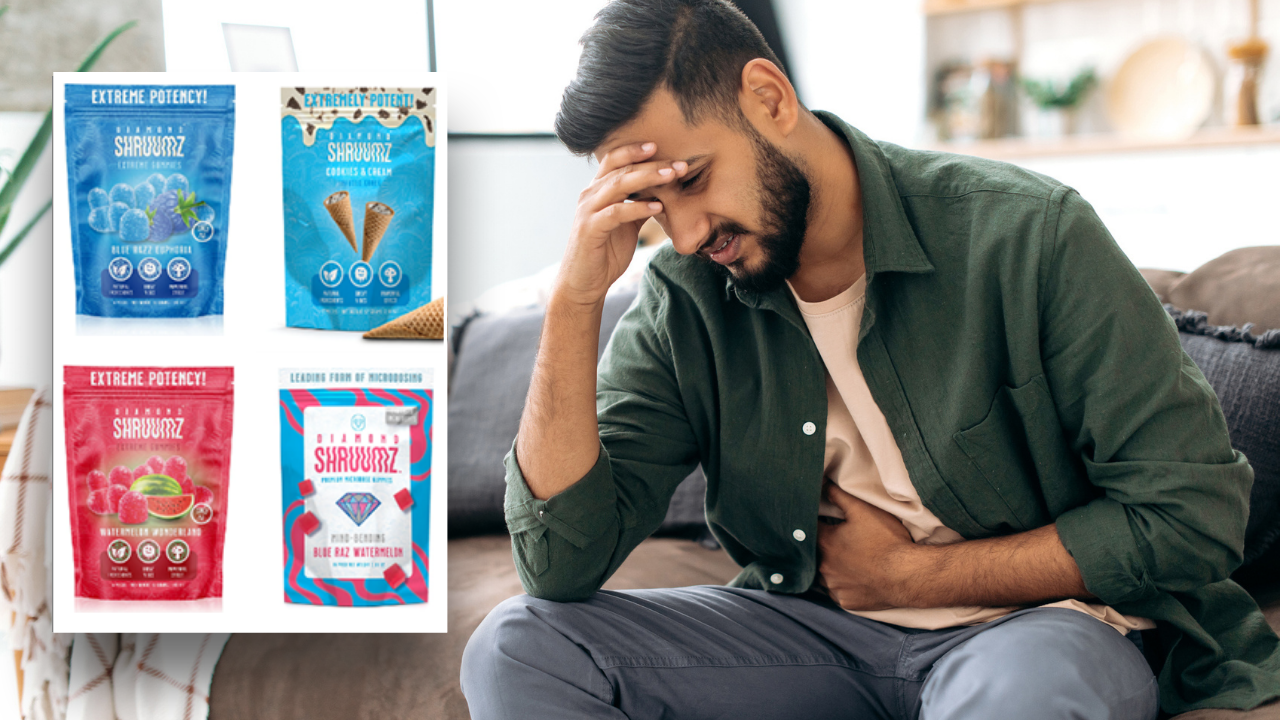Back Story: Aspirin reduces the odds of certain complications.
The U.S. Preventive Services Task Force, an influential panel of experts that issues national guidance, has for 10 years been recommending that women who are at risk for pre-eclampsia start taking baby aspirin when they are 12 weeks pregnant.
Both the American College of Obstetricians and Gynecologists and the Society for Maternal-Fetal Medicine support the recommendation, saying low-dose aspirin is safe and not likely to cause complications. The optimal time to start is before 16 weeks of pregnancy, though it can be initiated later, the groups advise.
Those at risk for developing pre-eclampsia include anyone who had pre-eclampsia during a previous pregnancy, as well as those carrying twins, triplets or other multiples; those who have kidney disease, autoimmune disease, Type 1 or Type 2 diabetes; and those with chronic hypertension.
A pregnant woman may also be at risk if she is pregnant for the first time, is 35 or older, has a body mass index greater than 30, or has a family history of pre-eclampsia.
Taking aspirin reduces the risk of pre-eclampsia by 15 percent, while reducing the risk of premature birth by 20 percent and reducing the risk of another complication, intrauterine growth restriction, by 18 percent, studies have found.
The Problem: Women and their doctors haven’t gotten the news.
Despite all the data, too few pregnant women at risk are taking baby aspirin, and too few doctors recommend it. A 2022 study found that Black women are less likely to be told to take baby aspirin, even when they meet the criteria.
Pre-eclampsia itself is far from a household term: One in five families, and one in four Black families, has never heard of it, according to a new survey conducted by the Harris Poll for the March of Dimes.
In addition, only about one in five families surveyed said they were familiar with interventions like baby aspirin.
“Baby aspirin has been out there for a while, but a lot of patients don’t know about it and a lot of providers aren’t screening patients appropriately,” said Dr. Elizabeth Cherot, president and chief executive of the March of Dimes.
“It’s low-dose aspirin,” she added. “It’s over-the-counter, it’s available, it’s accessible. But there seem to be barriers preventing high-risk patients from taking it as a preventive measure.”
The Fix: A national campaign to raise awareness.
The March of Dimes, which fights for the health of mothers and babies, on Wednesday announced it was starting a campaign called “Low Dose, Big Benefits,” to raise awareness among health providers and pregnant women regarding the benefits of low-dose aspirin.
The campaign features the U.S. Olympian Allyson Felix, who developed pre-eclampsia during her first pregnancy and had to have an emergency cesarean section at 32 weeks.
Having had the condition once, Ms. Felix knew she might develop it again during her second pregnancy, so she decided to take baby aspirin. She had a normal full-term pregnancy with her second child, who was born on April 10.
“This project is about getting the message out there for families and pregnant people as well as health care personnel,” Dr. Cherot said. “Patients should be asking their providers about low-dose aspirin.”





